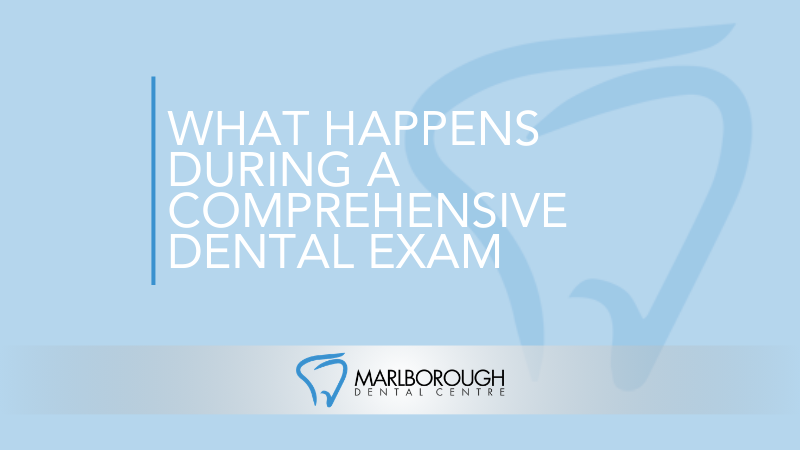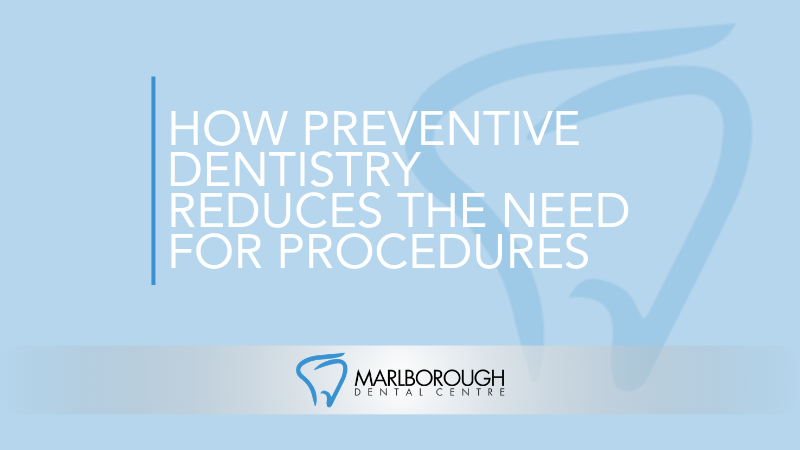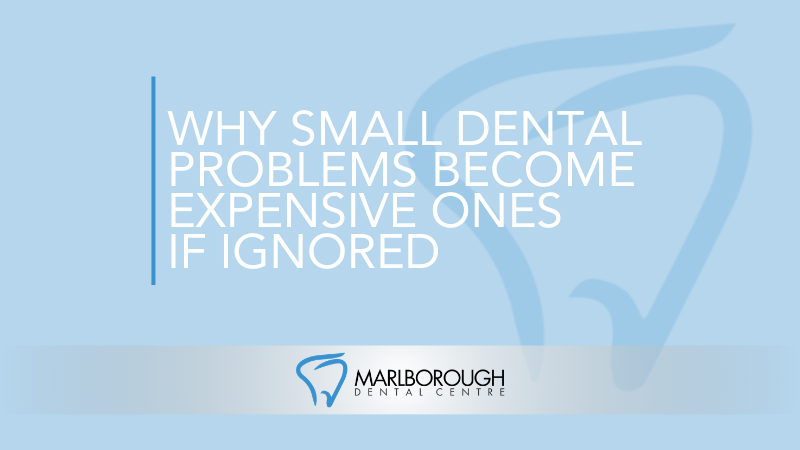A dazzling smile is not just a sign of beauty, but also an expression of confidence. Dental veneers have emerged as a popular solution for achieving that perfect smile, transforming crooked, stained, or damaged teeth into a flawless set. However, for those with sensitive teeth, the prospect of getting dental veneers might raise concerns about exacerbating their discomfort. In this blog, we'll delve into the world of dental veneers and discuss effective ways to manage sensitivity after the procedure, ensuring that your smile remains beautiful and comfortable.
The Marvel of Dental Veneers
Dental veneers are wafer-thin, custom-made shells crafted from materials like porcelain or composite resin. They are designed to cover the front surface of teeth, enhancing their appearance while also providing resilience and strength comparable to natural tooth enamel. Veneers can correct a range of dental issues, from discoloration and chipping to irregular spacing and misalignment. Their ability to deliver instant and remarkable results has made them a sought-after cosmetic dental procedure.
Understanding Sensitivity After Veneers
Dental sensitivity after getting veneers is a concern for many patients. It's important to note that some sensitivity is normal after any dental procedure, as the teeth and surrounding tissues require time to adjust. In the case of veneers, sensitivity might arise due to the removal of a small portion of enamel from the teeth to accommodate the veneer. This process, though minimal, can temporarily expose the teeth's nerves, leading to heightened sensitivity.
The Role of Good Oral Hygiene
Practicing excellent oral hygiene is essential to manage sensitivity post-veneer procedure. Gentle brushing with a soft-bristle toothbrush and non-abrasive toothpaste is crucial. Using a toothpaste designed for sensitive teeth can help alleviate discomfort. Moreover, adopting a regular oral care routine, including flossing and using an alcohol-free mouthwash, can promote gum health and minimize sensitivity.
Avoiding Extreme Temperatures and Foods
While dental veneers are durable, they may not insulate the teeth as well as natural enamel. As such, it's wise to avoid exposing your veneers to extreme temperatures, such as biting into very hot or cold foods directly. Additionally, some foods, especially those high in acidity, can contribute to enamel erosion and worsen sensitivity. Steering clear of citrus fruits, sodas, and excessive sugary snacks can help prevent this.
Communication with Your Dentist
Your dentist is your top ally in managing sensitivity after getting veneers. If you're experiencing prolonged or severe sensitivity, it's crucial to communicate with your dental professional. They can assess the situation, identify any potential issues, and recommend appropriate solutions. In some cases, they might suggest desensitizing treatments or adjustments to the veneers to alleviate discomfort.
Managing Sensitivity After the Procedure
Managing sensitivity after getting dental veneers requires a combination of patience, mindfulness, and proactive care. Here's a step-by-step guide to help you maintain a comfortable smile:
Step 1: Initial Sensitivity Care
In the days immediately following the veneer procedure, it's normal to experience heightened sensitivity. Stick to a soft diet and avoid consuming extremely hot or cold foods and beverages. This gives your teeth time to adjust and reduces the likelihood of triggering discomfort.
Step 2: Optimal Oral Hygiene
Continue practicing excellent oral hygiene, but be sure to use a soft-bristle toothbrush and a toothpaste formulated for sensitive teeth. Gently clean around the veneers without applying excessive pressure. Remember to floss daily to maintain gum health.
Step 3: Mindful Eating Habits
Be cautious with your food choices. Avoid hard or crunchy items that could place undue stress on your veneers. Also, limit your intake of acidic and sugary foods that could erode the enamel and worsen sensitivity.
Step 4: Regular Dental Check-ups
Stay committed to your regular dental check-ups. Your dentist can monitor the condition of your veneers, address any concerns you might have, and provide professional cleaning to prevent any complications.
Dental veneers have the power to transform smiles and boost confidence, but the concern of sensitivity shouldn't deter you from achieving your dream smile. By understanding the causes of sensitivity, maintaining proper oral hygiene, being mindful of your dietary choices, and communicating openly with your dentist, you can effectively manage and minimize sensitivity after the veneer procedure. Remember, your smile is an asset worth caring for – and with the right approach, you can enjoy both its beauty and comfort for years to come.
Written on behalf of Marlborough Dental Centre.
FAQs
Q: Will adjustments to the veneers help with sensitivity?
A: Yes, if your sensitivity persists, your dentist might recommend adjustments to the veneers to alleviate discomfort and ensure a proper fit.
Q: Are there any long-term effects of veneers on tooth sensitivity?
A: In most cases, any increased sensitivity is temporary and will improve over time. Proper care and hygiene can help maintain your comfort.
Q: Can I still enjoy hot and cold beverages with veneers?
A: Yes, but it's recommended to let them reach room temperature before consumption to prevent sudden temperature changes that could trigger sensitivity




